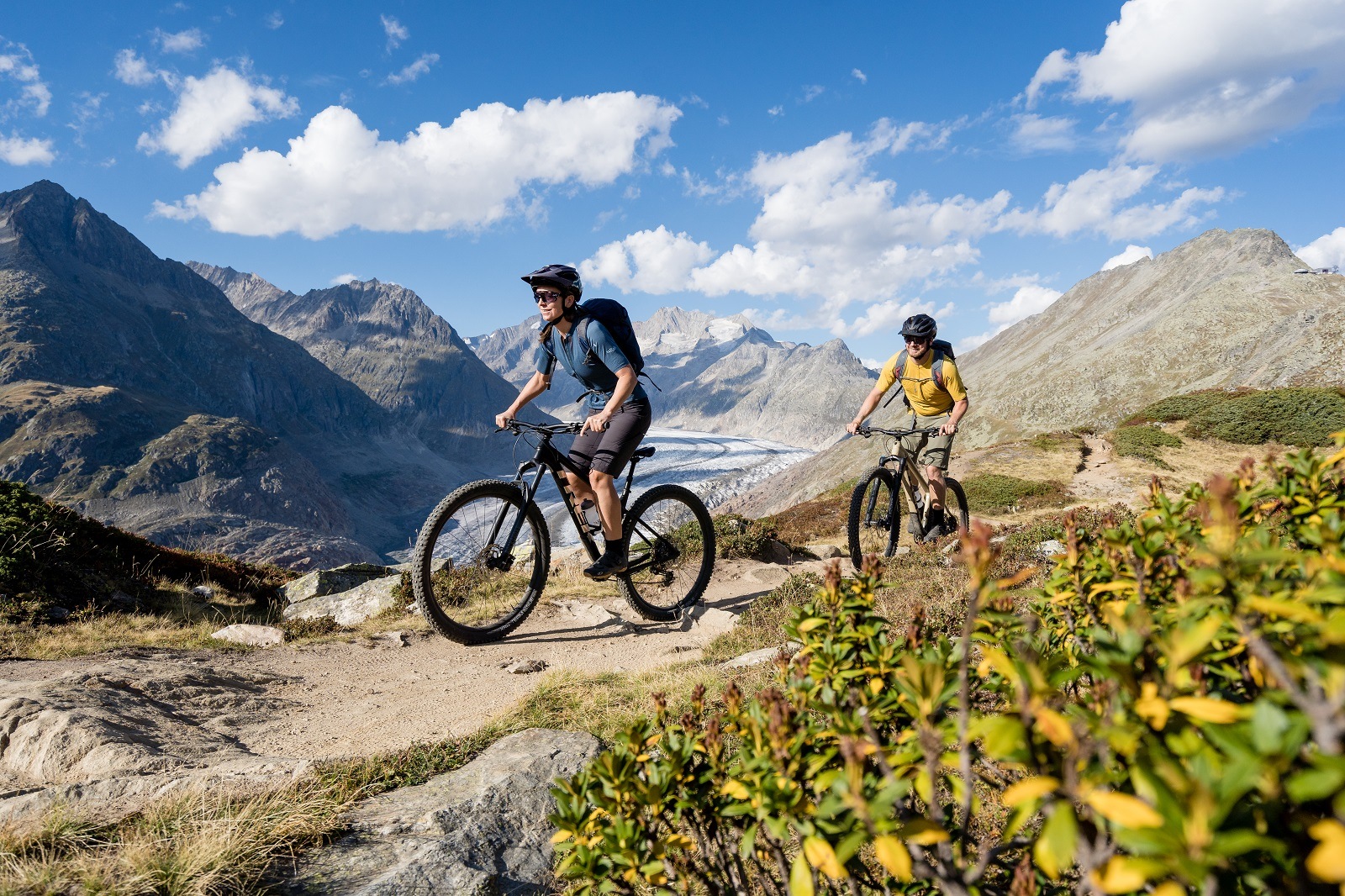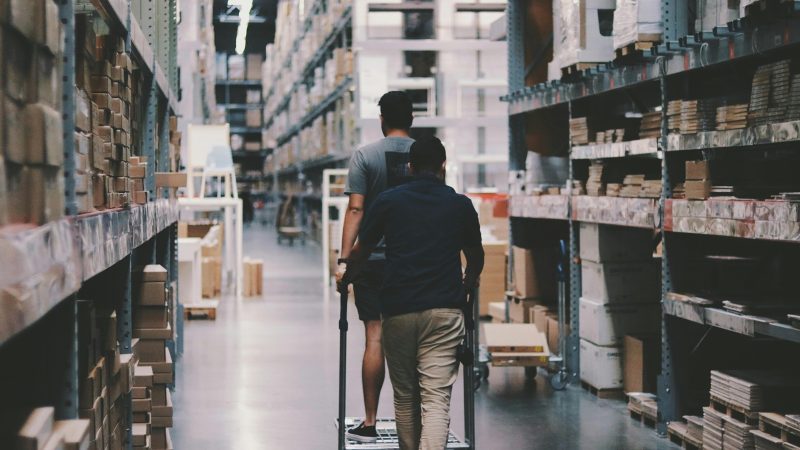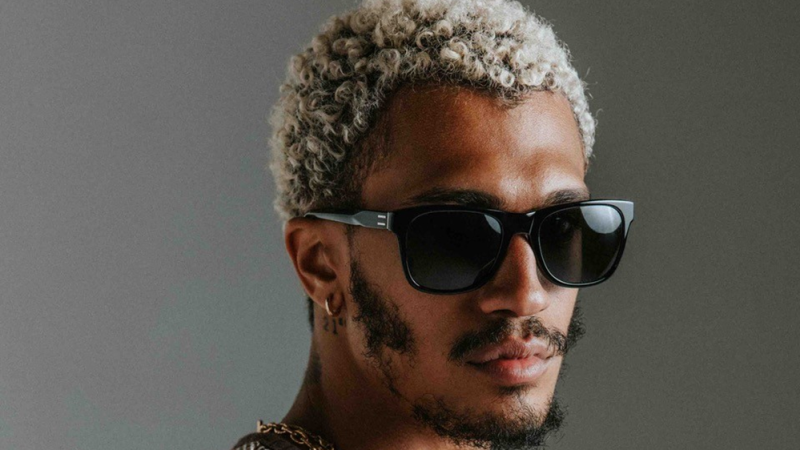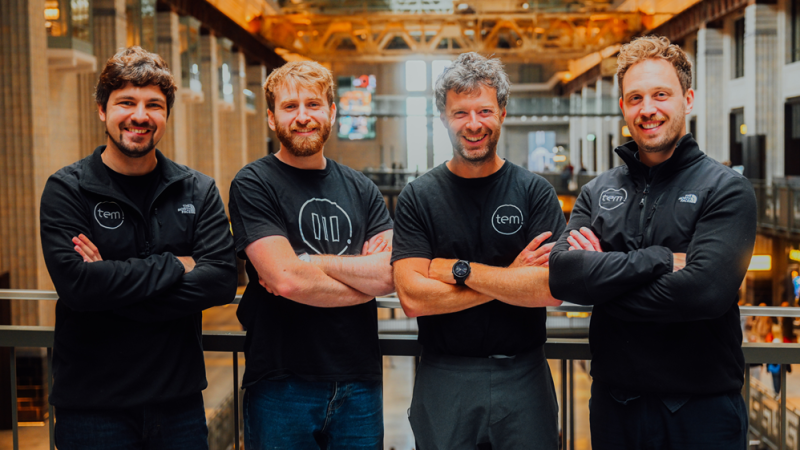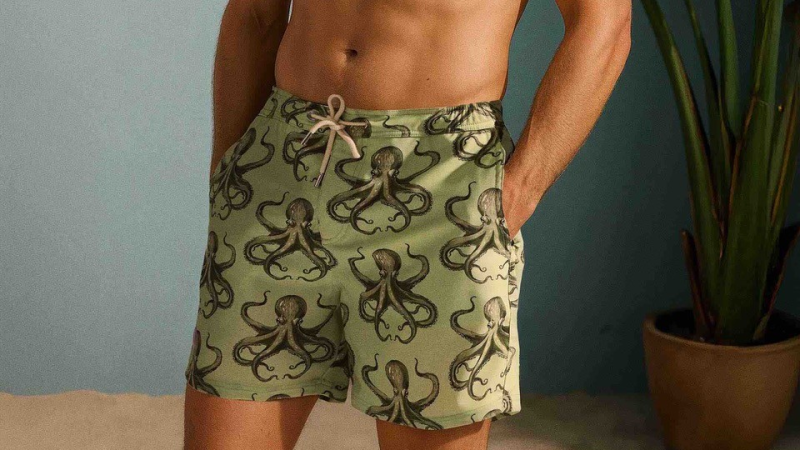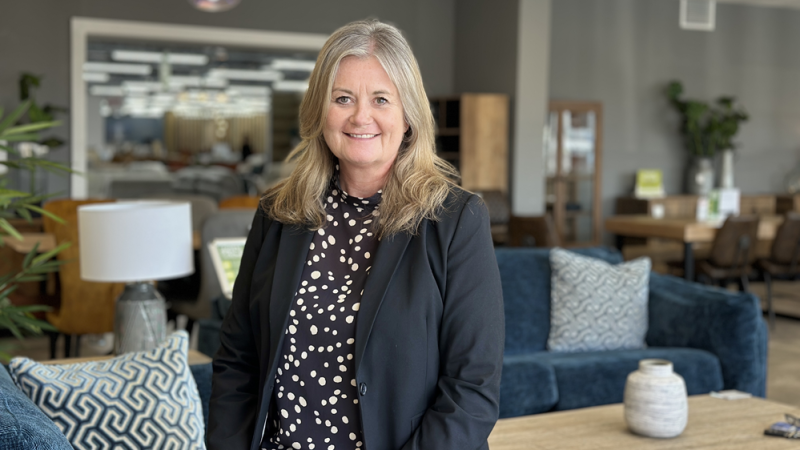Equip Outdoor Technologies (UK) Ltd (Equip) is a small, privately-owned business that specialises in designing and producing outdoor clothing and equipment. Operating with its two owned brands, Rab and Lowe Alpine, they offer unique points of difference around the technical performance, design and fit-for-purpose nature of their products.
“Our brands are a technical offering for people who want to go out and enjoy the great outdoors as well as embark on ambitious mountain expeditions,” says Matt Gowar, the company’s CEO and owner. “The products themselves are designed to protect, whether it’s the person wearing it for clothing, or what it carries if it is a backpack.”
The key to these products is that they are technically designed to perform well in the mountains and under extreme weather conditions. When Equip’s customers are climbing, hiking, running, biking or skiing it’s in gear that is supported by the company’s focus on the technical performance of the product. The fact that many employees are climbers, hikers, runners, bikers and skiers themselves makes this even more rewarding.
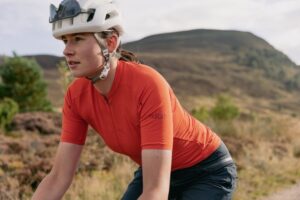 “Many competitors bend their technical specifications to keep up with fashion and trends, but we are performance and technology-driven,” Gowar insists. “We have kept that focus and the consumers appreciate that technical nature and performance which keeps them coming back. Our absolute design mission is to make products that can be used to climb mountains in Scotland in winter or scale the highest peaks in the Himalayas.”
“Many competitors bend their technical specifications to keep up with fashion and trends, but we are performance and technology-driven,” Gowar insists. “We have kept that focus and the consumers appreciate that technical nature and performance which keeps them coming back. Our absolute design mission is to make products that can be used to climb mountains in Scotland in winter or scale the highest peaks in the Himalayas.”
Equip can provide for its customers on this technical level thanks to a relentless focus on research and development.
“We have a large design team that covers both the Rab and Lowe Alpine brands, and investment in those people is a core focus. Innovation is not found through a huge R&D team testing thousands of prototypes,” Gowar says. “For us, it is about evolution. We have a material research team that goes out and looks at new materials, the designers are always trying out new ideas.”
Even then, the influence of fashion is sometimes felt in that development process.
“We are very collection based, a hangover from the fashion trade with a spring/summer, and an autumn/winter collection each year, but they are constantly innovating,” Gowar says. “We have picked up a couple of hundred peer or industry-judged design awards over the last 20 years, and that shows what we do and how well we do it.”
Crossing Borders
Equip creates clothing and equipment that can keep its customers safe ascending Everest, but even it has encountered difficult obstacles in its time. It has weathered Covid and cost-of-living crises, and even the foot and mouth outbreak if we get back far enough.
“What sets a business apart is its ability to deal with those challenges. We have a management team that can strategize to solve those problems,” Gowar says.
Gowar believes that building that resilience is achieved by not only preparing for specific crises like unfavourable exchange rates but also by having faith in the company’s management team and the workforce at large.
“The biggest challenge we see at the moment is Brexit, and there’s no way of getting around it,” Gowar says. “More than 50% of our business is in exports. That is something we can’t solve and was for the UK self-induced.”
This is one situation where innovation or clever solutions meet their limits. As Gowar points out, when it comes to the crunch, sometimes the only solution is to throw money at a problem.
“We have now set up a warehouse in the Netherlands using a third party. We have 15 to 20 people working there for us,” Gowar explains. “We have had to separate out a lot of our other functions to where they need to be executed within the EU. There is a dedicated Rab Service Centre to wash and repair products that we had to move independently into the EU.”
It works, but it all imposes costs.
“One big warehouse is more efficient than two small ones,” Gowar points out.
Ultimately, Gowar tells us, this is a loss for UK businesses, UK workers, and the UK as a country.
“What I am most sad about is we are employing people in the Netherlands and Germany when we should be employing people in the UK. It is such a wasted opportunity,” he says. “People say this was an immigration question – but now rather than European employees working out of the UK, they are working out of the Netherlands, where they are not paying British taxes, and not contributing to the British economy.”
Protection and the Great Outdoors
As well as protecting its customers from the extremes of the great outdoors, Equip is also doing what it can to protect the environment itself. Although even Gowar acknowledges it may have picked a difficult time to start its journey.
“In 2020 we started an increased focus on our CSR and sustainability efforts. You can argue whether it was a good or bad time to start with Covid, but we made a massive step change,” Gowar recalls. “Since our inception, we have designed products with sustainability at the heart of our values, but in the last three years, we have worked on our whole business environmental impact and our carbon emissions and found ways of reducing that. We have set targets to reach Net Zero and achieved the status as a Climate Neutral Company in 2020.”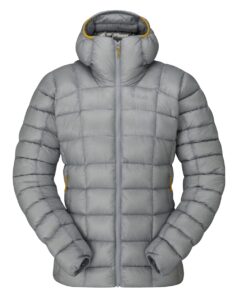
A key part of that process is looking at the very materials that make up Equip’s products, and what’s more, keeping customers in the loop.
“This Autumn we are going to launch ‘Material Facts’ – information on each product that shows its exact composition, the good and the bad,” Gowar tells us. “It will tell customers information such as what materials are recycled, country of manufacturing and fluorocarbon (waterproofing treatment) status so the consumer can understand the impact of their purchase choice. It is a first in our industry.”
As well as looking at its environmental impact Gowar also looks at the social impact of the business.
“A lot of our products are sewn by people, not machines, so in 2020 we joined a clothing industry association called Fair Wear Foundation to monitor conditions in our factories,” he says. “In 2022 we advanced our ranking and achieved Leader status in social responsibility with that foundation.”
This is only one of the certifications Equip is seeking, including potentially assessing B Corp over the next couple of years.
Off The Fence
The key to negotiating all these issues, economic, environmental, or social, is decision-making.
“We nurture an environment where it is okay to ask a question. That is important. But you also need a decision-making process, which means ultimately you actually make a judgement,” Gowar insists. “Often there is no right or wrong but if you don’t make a choice you don’t move forward. And you have got to execute that decision quickly. If other people are sitting on the fence they will still be on the fence when you have solved the problem.”
Gowar’s decision is to move forward, with a focus on the rich potential of the company’s export market.
“We have a good market share position in the UK, but the exciting growth opportunities are in our export markets,” he tells us. “The USA, Canada, Norway and Germany are our four core export markets. If we look at our market share in somewhere like the USA, it is a hundredth of what it is in the UK and the outdoor industry there is huge. There is a massive opportunity in that field and that geography.”
